For upon |If I could choose or persuade someone into getting a book I would tell them to read the book The Lightning Thief because I love the adventure in the book. I also like the idea of the Greek gods and their demigod children fighting monsters to save the word. This series of books was created by Rick Riordan. It is fictional and is very fast pace and has non stop action. I believe that the book was very adventurous and had a lot of death. I believe this is one of the best books I have ever read and it is a best seller book.
The article was originally published here.
4 steps to convince people they NEED to read your novel
Did you take the leap with me last week and admit to yourself that your writing is what needs improving–not your friends’ tastes? Are you ready to find out how to fix it?
Meet AIDA.
No, AIDA isn’t the person writing coach I’ve hired to help you turn your novel into a bestseller, but if you want to think of it that way, go ahead.

AIDA is an acronym for Attention > Interest > Desire > Action: a basic formula marketers and salespeople use to guide them through each phase of the sales process. It goes like this:
Attention: Get noticed. In a media-saturated world, this is hard to do.
Interest: Once you have their attention, prove you have something worth their time–by giving them the most compelling part of your message in as brief a form as possible.
Desire: Once you have their interest, show them how the product will meet a need they have.
Action: Once they know they want it, tell them how to get it.
How does it apply to your novel?
Attention:
Getting a friend’s attention could be as simple as letting them know you’re writing a book (“Really? What’s it about?”). For a literary agent you’re querying, it’s spelling their name right and following all the submission guidelines. But for your toughest audience—the book store customer who’s never heard of you—it’s a lot tougher. You need a cover and a title that stand out among hundreds of others. We’ll talk more about this in the coming weeks.
Interest:
What makes this worth the time of the friend, literary agent, or customer? This one’s a bit trickier, but it follows the question your friend asked you when you got their attention: what’s it about? You have to summarize your story in the most compelling way possible, in a few sentences.
This is known as your elevator pitch or “hook”—it’s how you’ll describe your book to people at cocktail parties, how you’ll begin your query letter, and what you’ll give to the writer or intern who’ll craft the copy for your book cover. This is the part that makes your friend ask to read it, the agent to request a full or partial manuscript, and the customer to flip to page one. I’ve actually already covered the hook extensively:
- How to write a hook
- Hook examples
- It also helps to have a killer first sentence.
Action:
I’m gonna do a flip-flop on you and talk about Action first, because before we can understand the Desire phase, we have to understand what action we want our audience to take. It seems like three very different stages, but really it all boils down to the same thing: you want them to keep reading. You have to suck them in fast. You have to make them want to know what happens next. This brings us to:
Desire:
How do you convince a reader this piece of fiction is something they need? Ask yourself—why do you read? Is it an escape from reality? An alleviation of boredom? A hunt for truth? A search for someone who understands you?
It’s sure to be one of those reasons. It may be all of them.
Those are the needs. And it takes the whole book to meet those needs. But the promise—and the evidence—that you can meet those needs happen in the first few pages. That bookstore customer is not going to keep reading to see if it gets better—you must grab them in the first paragraph. And to keep all your readers reading, you have to keep sucking them in deeper and deeper throughout the entire book.
A variety of factors affect this “sucking in.” But there are two main things you absolutely can’t succeed without:
- A relatable protagonist.
- Conflict.
If your reader relates to, or identifies with, your hero, you’ve begun forging an emotional connection. When you add conflict—which usually involves threatening the thing that hero loves most—you create the reader’s need to find out: “What happens next? Does the hero overcome the conflict?” And, since the reader relates to this hero, the subconscious question: “Could I overcome that conflict?”
–
Discover the Whole AIDA Series:
Attention
- 5 tips for grabbing attention with your book cover
- 6 types of book titles that get noticed – and picked up
Interest
- Hooking interest with a killer hook
Desire
- 20 tips for creating relatable – and lovable – protagonists
- The 21 best tips for writing your opening scene
Action
- 26 tricks to keep readers reading
- 47 words and phrases that slow your reader down
The article was originally published here.
10 Ways to Convince People to Read Your Favorite Books
Having books that you’re absolutely crazy about is not weird. In fact being absolutely slightly psychotically obsessed with a book is not strange at all. Some people are obsessed with other people (stalkers), some people are obsessed with music, and then there’s us, the people who are obsessed with books.
In some cases, there may be a time in which the obsessiveness spills over a bit. It can spill over in a variety of ways, maybe my accumulation of many many fan posters for instance. Or possibly multiple (an insane amount) copies of one book. Or maybe it’ll spill over in a way that makes you try to convince (read: force) someone to read your favorite book.
Obviously, during such occurrences, it’s hard to keep fully sane and not go completely superfan on the poor unsuspecting victim, which is why we have compiled a helpful list of the Top Ten Ways to Convince People to Read you Favorite Books.
-
Repeatedly mention the book to them. Like all the time. Never shut up. No conversation is safe.
![]()
-
Keep inserting the physical book whenever you have the chance. Have it be the creepy doll that you can’t get rid of. It shows up everywhere. They check for milk? BOOM. The book.
![]()
-
Threaten your friendship with them. Perhaps reference your friendship contract. They want to retain the honor of being your friend? They must read the book.
![]()
-
Bribery. Nuff said.
![]()
-
Switch covers with a book they plan on reading. They think they’re reading Harry Potter, but really they’re reading “Insert Book Title Here.” They might say, “Huh, this really is different from the movies,” but it’ll be fine. They’ll never be the wiser.
![]()
-
PowerPoint. We all know how powerful those things can be. For maximum effect use slide transitions, nothing captivates an audience more than slow fade outs and pixelated flips.
We’ve even given you a helpful video on how to create the perfect PowerPoint.
![]()
-
Beg. I know, you never thought that you would stoop so low. But, think of it this way, if there’s anything worth giving up your dignity for, at least it was for a book.
![]()
-
Trade reading goals. This should only be taken as a last resort because your book choices are obviously superior to theirs. But if all else has failed, make a trade. Then double-cross them and only read their book after they’ve read yours. Or never read their book. You have much better taste.

-
Okay. We’re at number 9. This means that you’re getting really desperate. You might want to hire a professional killer/kidnapper, threaten their loved ones.
![]()
-
Lock them in a room with the only means of escape being answering questions about the book. #EscapetheRoomReadMyBookEditon. Now they must read. Nothing else can save them now. YOU HAVE WON. If you haven’t though, there’s nothing left that can help you. All hope is lost.
We gift to you these top ten surefire ways to get someone to read your favorite book and wish you the best of luck. Yes, we know that there may be times in which the subject is especially stubborn and just refuses to read the book you suggest, so in that case we have only one tip. CONSTANT VIGILANCE. Keep at it and one day you will happily be sipping coffee with that person, discussing the book you forced them to read.
























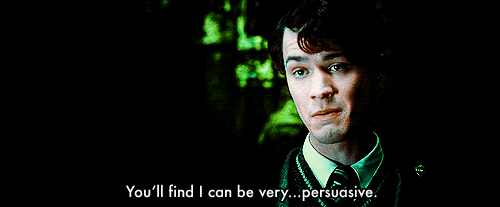
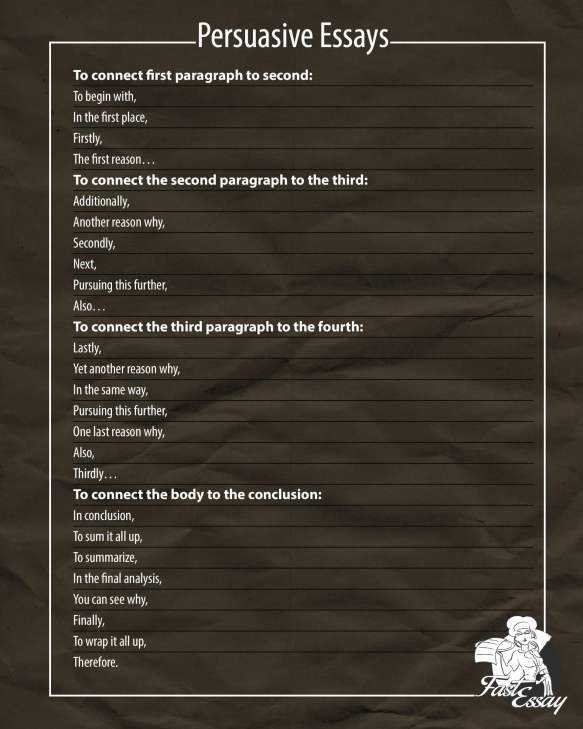
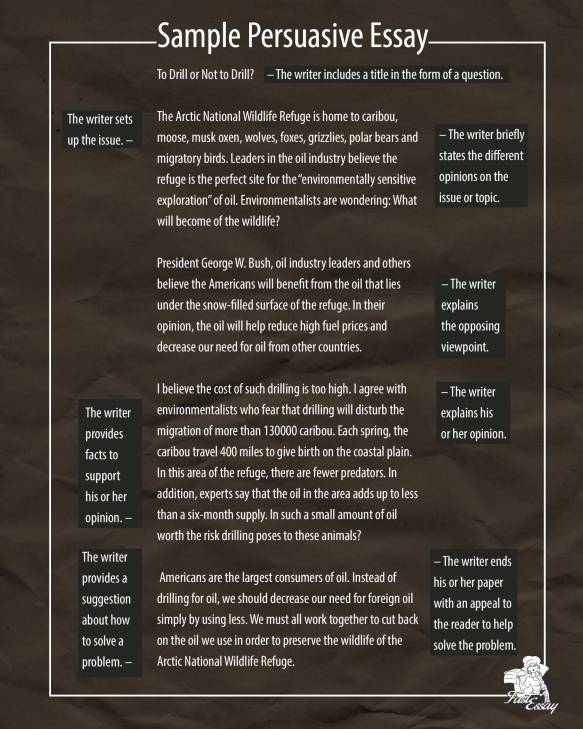






























 10 Top Books on Persuasion
10 Top Books on Persuasion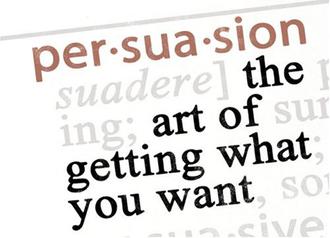
 1. Influence: The Psychology of Persuasion by Robert Cialdini
1. Influence: The Psychology of Persuasion by Robert Cialdini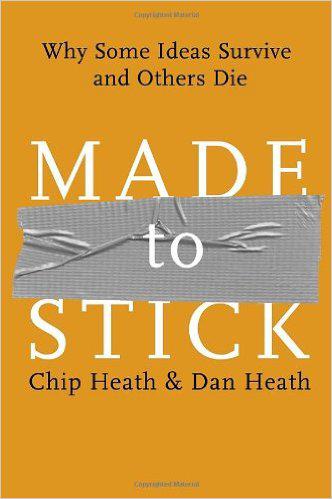 2. Made to Stick: Why Some Ideas Survive and Others Die by Chip Heath and Dan Heath
2. Made to Stick: Why Some Ideas Survive and Others Die by Chip Heath and Dan Heath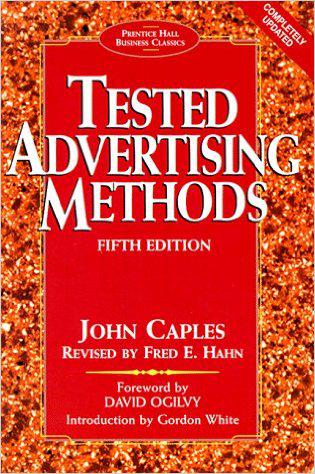 3. Tested Advertising Methods by John Caples
3. Tested Advertising Methods by John Caples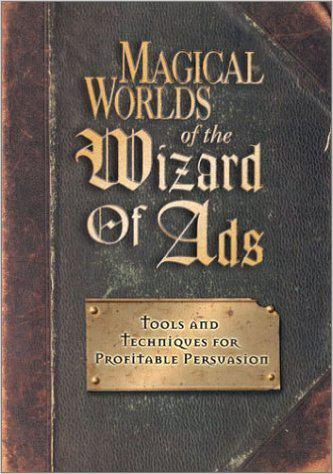 4. Magical Worlds of the Wizard of Ads: Tools and Techniques for Profitable Persuasion by Roy H. Williams
4. Magical Worlds of the Wizard of Ads: Tools and Techniques for Profitable Persuasion by Roy H. Williams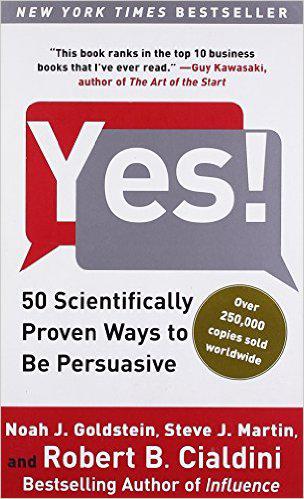 5. Yes!: 50 Scientifically Proven Ways to Be Persuasive by Noah Goldstein
5. Yes!: 50 Scientifically Proven Ways to Be Persuasive by Noah Goldstein 6. Brainfluence: 100 Ways to Persuade and Convince by Roger Dooley
6. Brainfluence: 100 Ways to Persuade and Convince by Roger Dooley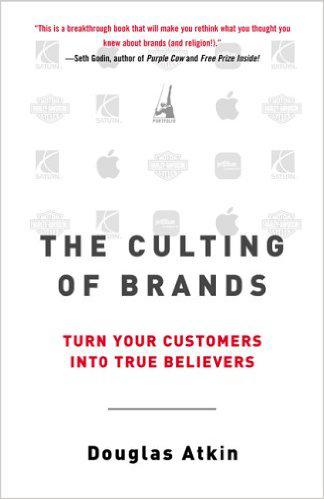 7. The Culting of Brands by Doug Atkins
7. The Culting of Brands by Doug Atkins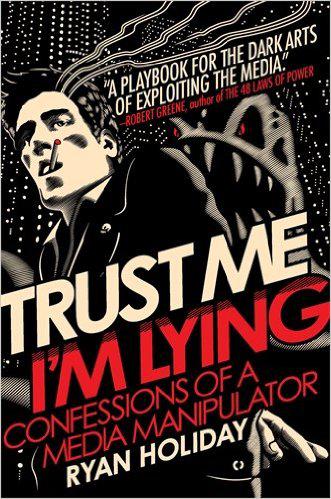 8. Trust Me, I’m Lying: Confessions of a Media Manipulator by Ryan Holiday
8. Trust Me, I’m Lying: Confessions of a Media Manipulator by Ryan Holiday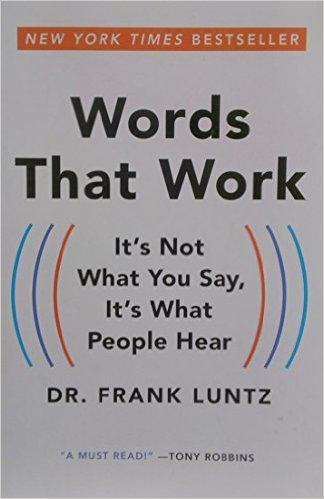 9. Words that Work: It’s Not What You Say, It’s What People Hear by Frank Luntz
9. Words that Work: It’s Not What You Say, It’s What People Hear by Frank Luntz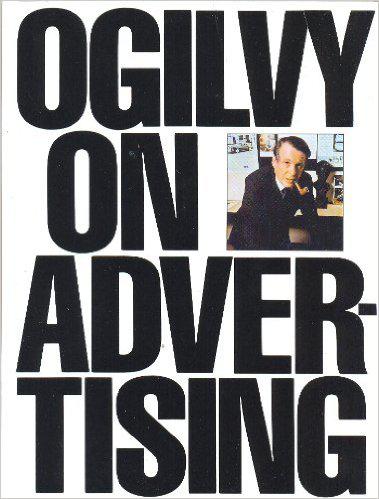 10. Ogilvy on Advertising by David Ogilvy
10. Ogilvy on Advertising by David Ogilvy If you want to (and who doesn’t, really?) get people to take a specific action, then you need to grab their attention first.
If you want to (and who doesn’t, really?) get people to take a specific action, then you need to grab their attention first. This one is another winner. The book is full of nuggets of wisdom like this:
This one is another winner. The book is full of nuggets of wisdom like this: If you want to truly understand why people behave the way they do, you can’t go past this book. In fact, this book should be made compulsory reading for anyone wanting to strike out on their own. Cialdini explains: “A well-known principle of human behavior says that when we ask someone to do us a favor we will be more successful if we provide a reason. People simply like to have reasons for what they do.”
If you want to truly understand why people behave the way they do, you can’t go past this book. In fact, this book should be made compulsory reading for anyone wanting to strike out on their own. Cialdini explains: “A well-known principle of human behavior says that when we ask someone to do us a favor we will be more successful if we provide a reason. People simply like to have reasons for what they do.”
 This book is extremely fascinating. And it better be, because this is what it aims to teach you – how to become fascinating. Hogshead says that people are all born fascinating, “but over time, people can lose their innate ability to fascinate. They acquire layers of boring.”
This book is extremely fascinating. And it better be, because this is what it aims to teach you – how to become fascinating. Hogshead says that people are all born fascinating, “but over time, people can lose their innate ability to fascinate. They acquire layers of boring.” Ariely is a master storyteller. And he explains why we make particular decisions.
Ariely is a master storyteller. And he explains why we make particular decisions. Most people have a very negative view of selling. They use words like “slimy”, “sleazy”, and “spammy” to describe the selling process. Pink disagrees. “To sell well is to convince someone else to part with resources — not to deprive that person, but to leave him better off in the end.”
Most people have a very negative view of selling. They use words like “slimy”, “sleazy”, and “spammy” to describe the selling process. Pink disagrees. “To sell well is to convince someone else to part with resources — not to deprive that person, but to leave him better off in the end.”
 This is such a fun book that you are doing yourself a great disservice by not reading it. Sit back and enjoy the book, and be prepared to make note of tons of aha moments. Following are a few of the quotes I jotted in my diary:
This is such a fun book that you are doing yourself a great disservice by not reading it. Sit back and enjoy the book, and be prepared to make note of tons of aha moments. Following are a few of the quotes I jotted in my diary: So this one is a true classic and not a quick read at all. However, the lessons you gain totally make it worth reading.
So this one is a true classic and not a quick read at all. However, the lessons you gain totally make it worth reading. A great read explaining how people make choices, so you can make better ones and also get a deeper understanding into your customer’s mind. It sheds light on what shapes your life choices and the journey you are on.
A great read explaining how people make choices, so you can make better ones and also get a deeper understanding into your customer’s mind. It sheds light on what shapes your life choices and the journey you are on. The last book on this list is an oldie but a goodie. The following quotes will have you inspired and ready to jump into action now – trust me.
The last book on this list is an oldie but a goodie. The following quotes will have you inspired and ready to jump into action now – trust me.




























Comments are closed.